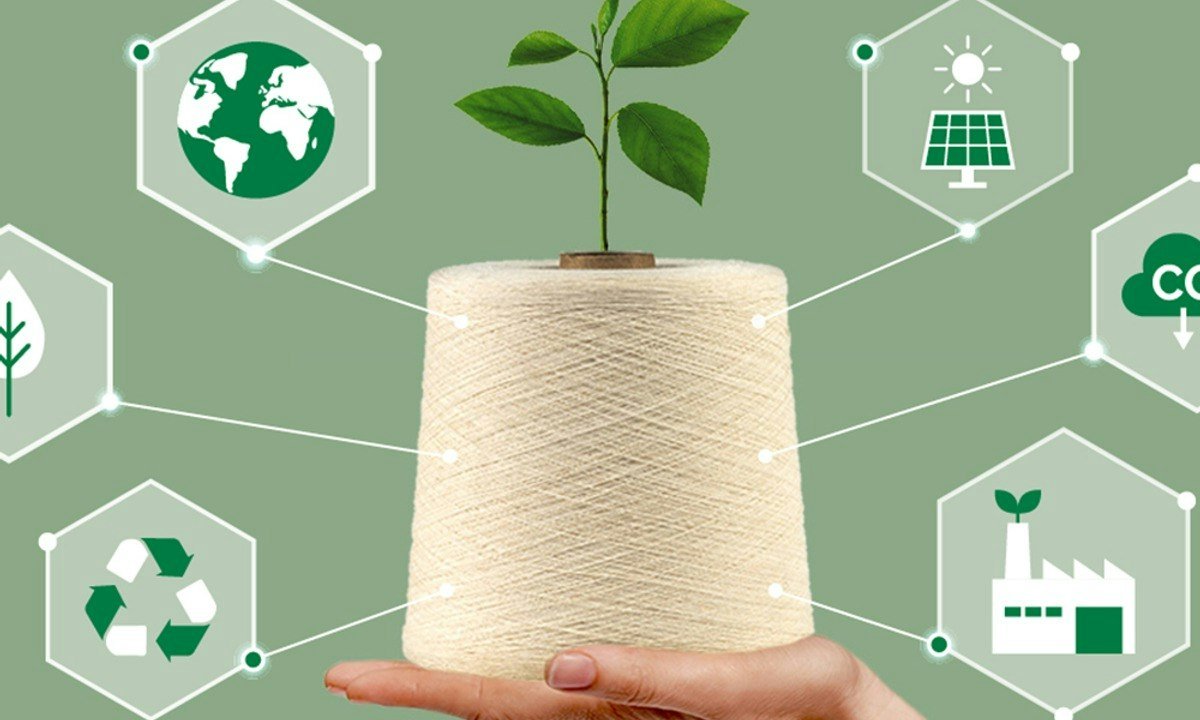In a world increasingly conscious of environmental challenges, the textile industry is finding new ways to minimize its footprint. One of the most promising solutions to reduce the sector’s impact is the use of recycled yarn. At KS Spinning Mills, our mission is to create a sustainable future by producing 100% recycled cotton-poly blended yarn that serves a dual purpose: high-quality performance and environmental responsibility. This blog delves into why recycled yarn is the future of textiles and why manufacturers, retailers, and brands should embrace it.
The Problem with Conventional Textiles
The traditional textile industry is one of the largest polluters on the planet. From water consumption and chemical dyes to energy use and massive waste generation, the environmental toll is undeniable. Millions of tons of fabric scraps and used garments end up in landfills every year, contributing to a growing environmental crisis. The production of virgin cotton, for instance, requires vast amounts of water and pesticides, while synthetic materials like polyester come from non-renewable fossil fuels. The pressing need to change the status quo is clear.
Enter Recycled Yarn: A Sustainable Solution
Recycled yarn offers a solution to many of these environmental problems. By repurposing fabric waste and post-consumer textiles, we can drastically reduce the industry’s dependence on virgin resources. At KS Spinning Mills, our innovative recycled cotton-poly blended yarn not only cuts down on waste but also reduces the need for energy-intensive processes and harmful chemicals typically associated with traditional yarn production.
- Reduction in Textile Waste: By incorporating fabric scraps, cutting-room waste, and post-consumer garments, recycled yarn diverts materials from landfills and gives them a new lease on life. This drastically reduces the amount of waste that ends up in incineration or landfill sites, contributing to a circular economy where nothing is wasted.
- Conservation of Natural Resources: Recycled yarn helps reduce the demand for virgin cotton and polyester, conserving water, land, and fossil fuels. The energy required to produce recycled yarn is significantly lower than producing new fibers. In the case of polyester, using recycled PET (rPET) saves up to 30-50% of energy compared to new polyester.
- Lower Carbon Footprint: The production of recycled yarn emits fewer greenhouse gases than virgin yarn. This is crucial at a time when the textile industry is under increasing pressure to reduce its carbon footprint. Switching to recycled yarn can help brands meet sustainability goals and offer eco-friendly products to environmentally conscious consumers.
Versatility and Quality: At KS Spinning Mills, we focus on producing yarn that meets high standards of quality and durability, making it suitable for various applications, from garments and home textiles to fabrics for export and retail. Our recycled cotton-poly blends maintain the softness, breathability, and performance of traditional yarns, making them an ideal choice for manufacturers seeking sustainable yet high-performance materials.


